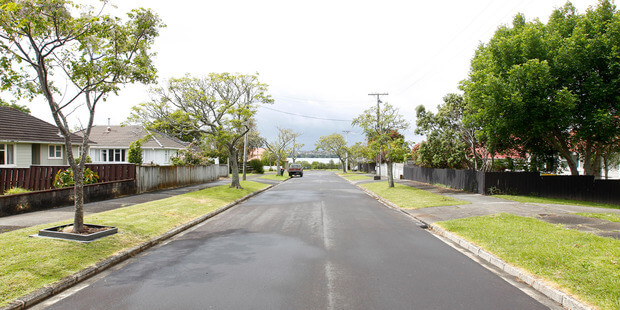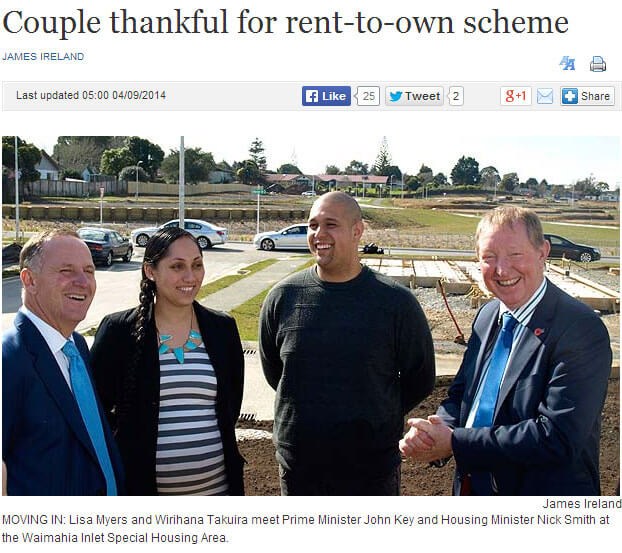Interested to see this article and pleased to know that the Government is taking a keen interest in what is happening in Auckland and is prepared to do something. From recent experience I think that the leading statement is correct in that many of the proposed rules, while laudable in terms of seeking what are seen as exemplary outcomes, add significant cost to development and housing and in many cases will quite possibly move otherwise financially viable developments to a point where they cannot be funded.
As an example the new stormwater rules and standards will add tremendous cost to development in my opinion. We are currently trying to get a large project off the ground and are working through the layout of the project with Council and the owners. As part of this process I have recently completed a financial analysis for the project looking at the traditional costs of providing stormwater treatment compared with completing the project as Council is promoting using the proposed rules and at source treatment. Under the new regime my assessment of the cost of dealing with stormwater, while high level and somewhat crude, will result in costs circa 3-4 times what a traditional solution would cost ( a difference in excess of $10m for this project). If this one number is altered in the financial model we typically use to assess developments the project moves from being a bankable proposition to a position where funding is potentially unlikely. Interestingly the annual cost of maintenance to Council also appears to double despite a lot of the capital cost of stormwater management being passed to private ownership just through the use of more expensive treatment options .
There are also other factors at play and while there probably needs to be a shift in the marketplace and acceptance that we may not be able to live as we once did this will take many years to effect in my view. However an apparent lack of understanding of the overall process of development, funding and the realities of the market by rule makers certainly isn’t helping.
For example one of our clients has a development currently under construction however the project is not selling well despite a relatively buoyant market. Certainly the prices being asked for completed sections are high (cost related) but we understand that the major reason given by prospective purchasers for not purchasing is not cost but the shape of sections and the effect that they have on subsequent house layout. The section shape is driven by Council rules and in the particular zone in question this was the subject of many objections to the plan change by developers at the time which were not heeded and the market place is now confirming what the developers clearly knew. This is pre Unitary Plan but in the attitude that Council knows best is still evident in many of the proposed rules.
On another project where the land has a high density zoning a client has, after having architects draw up plans and prepare costings for apartment buildings, changed his mind and is now looking at a more traditional house and land proposal because the financial risk of delivering significant numbers of apartments into an area that does not have a strong history of apartment living is too high. If we are to accommodate the projected population in Auckland over the next 50 years I think the rule makers need to become far more tuned in to the market and the risk inherent in development and understand that their rules aren’t necessarily going to deliver the result they envisage – the market will dictate. Despite good intention a mismatch between rules and market most often results in just one outcome – development stalls.
On a positive note while many aspects of the Unitary Plan are concerning there are certainly people within Council willing to listen and compromise in the face of reality and many of the people within Council that we deal with are working hard to facilitate development. It is early days and hopefully as everyone works through the process the right balance is struck between visionary outcomes and financial reality as to what we can afford and how the development process works.
http://www.nzherald.co.nz/super-city/news/article.cfm?c_id=1501110&objectid=11273582





